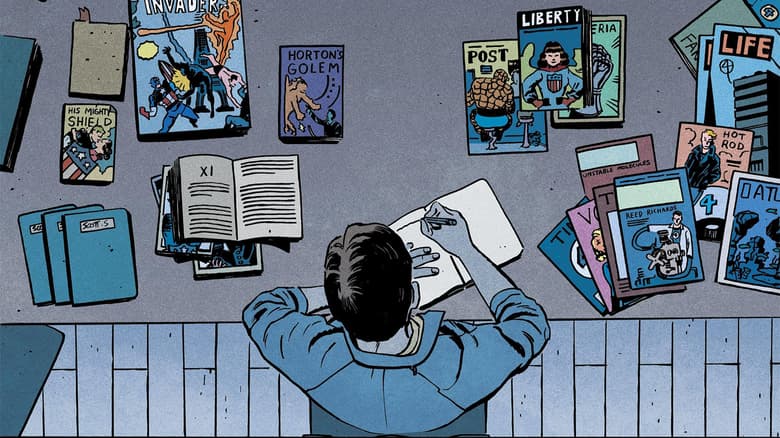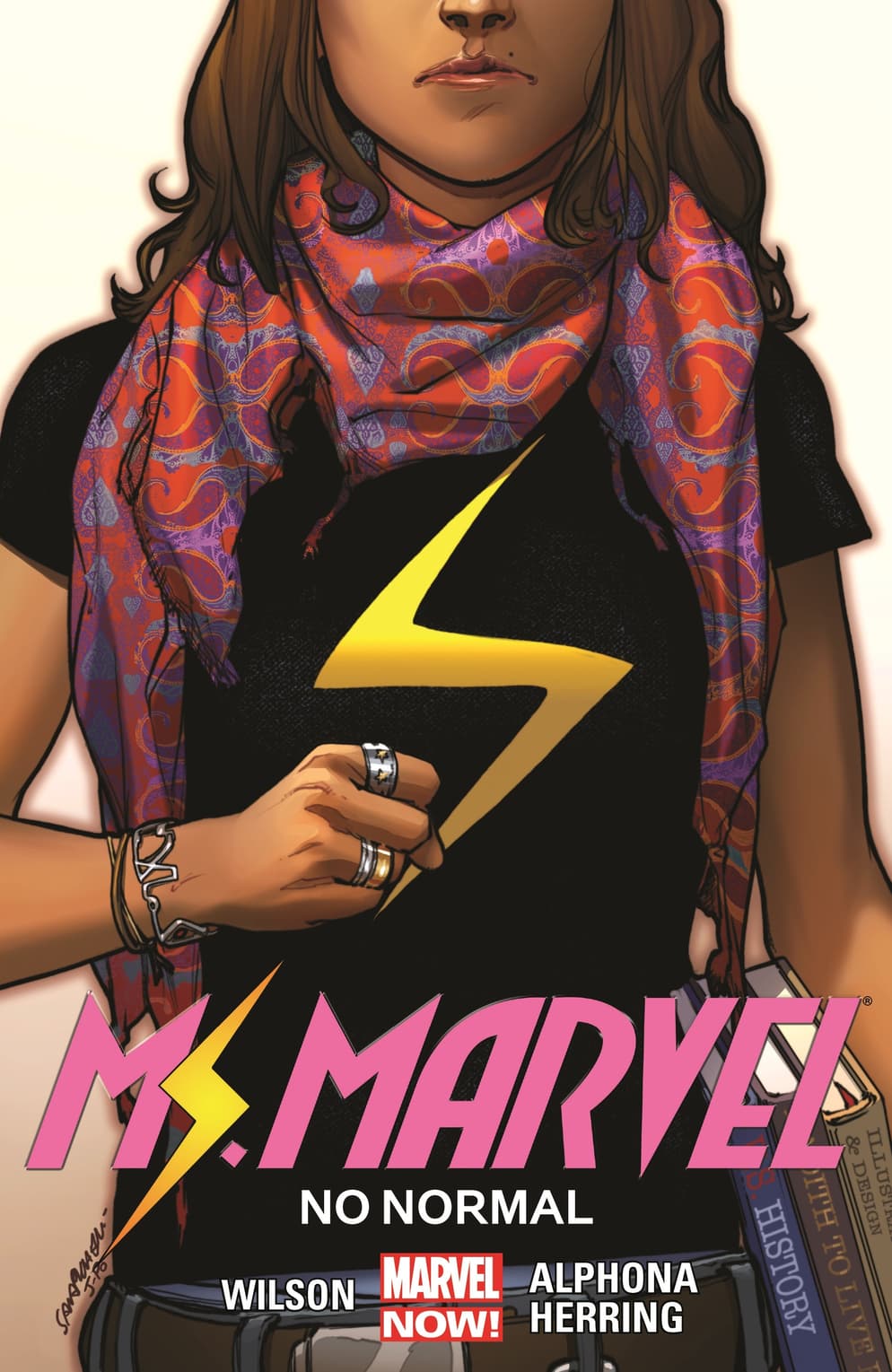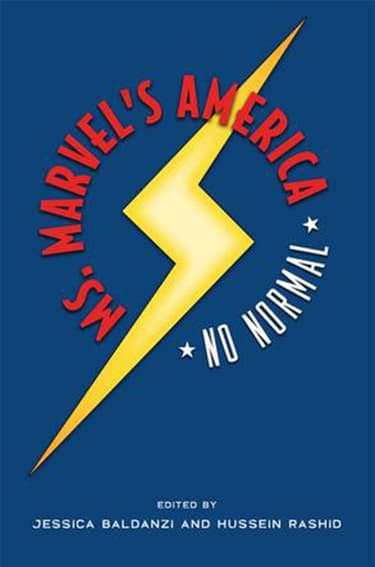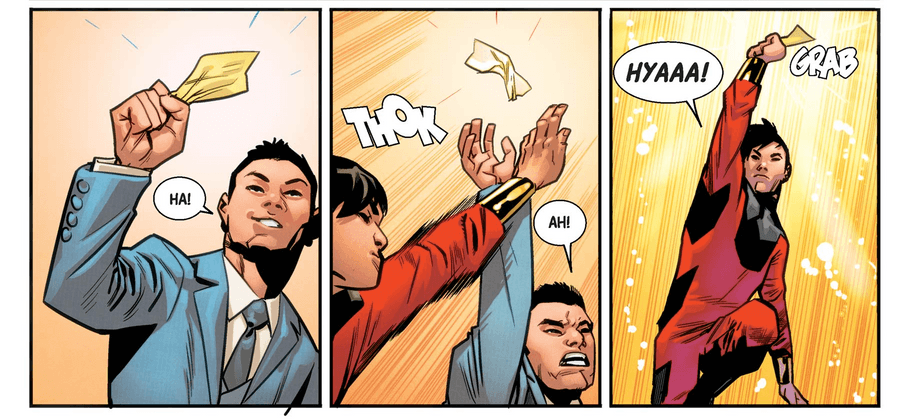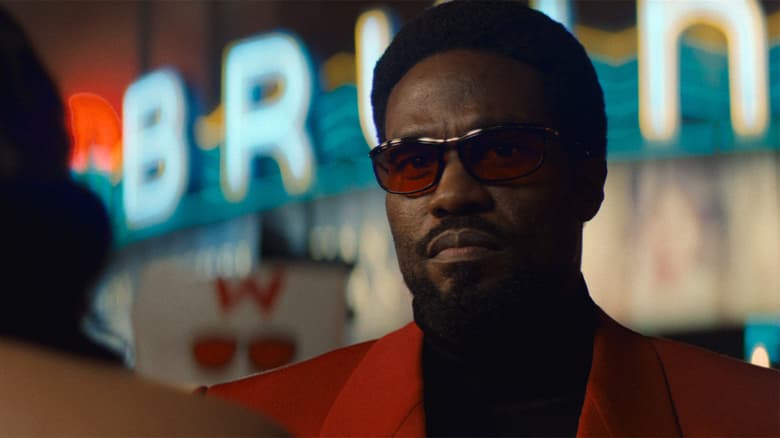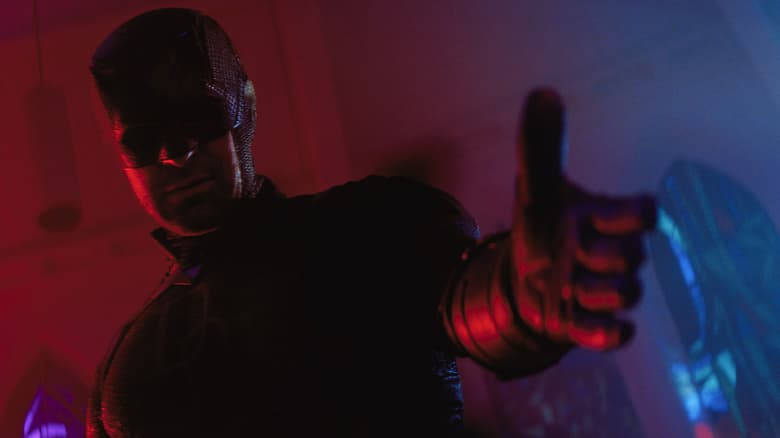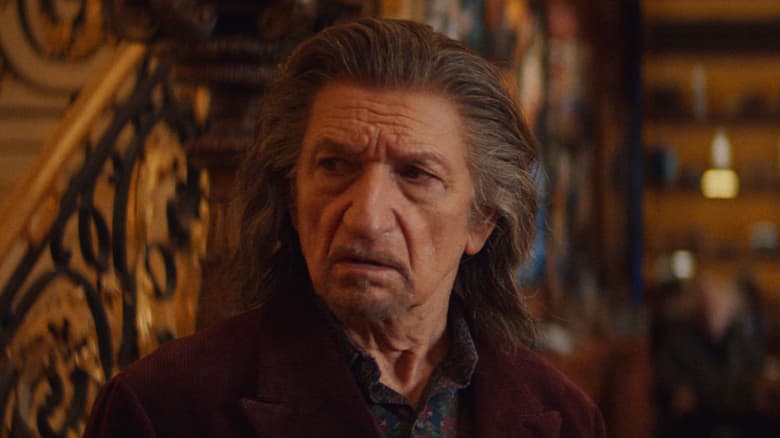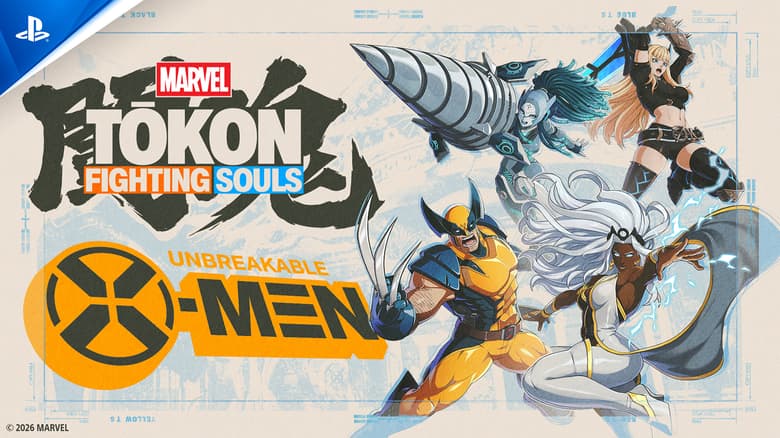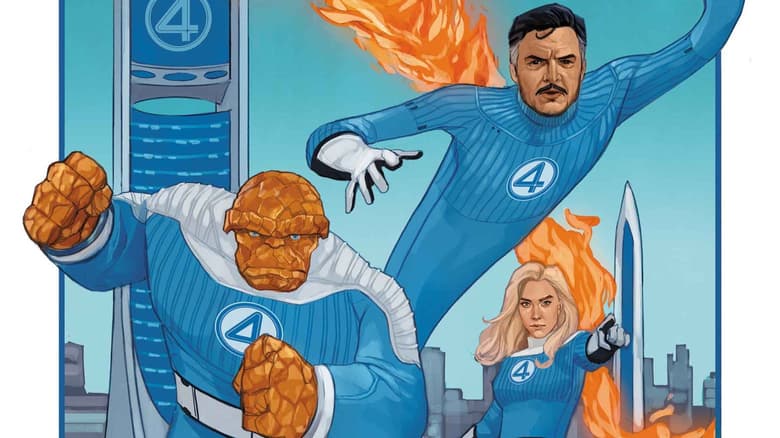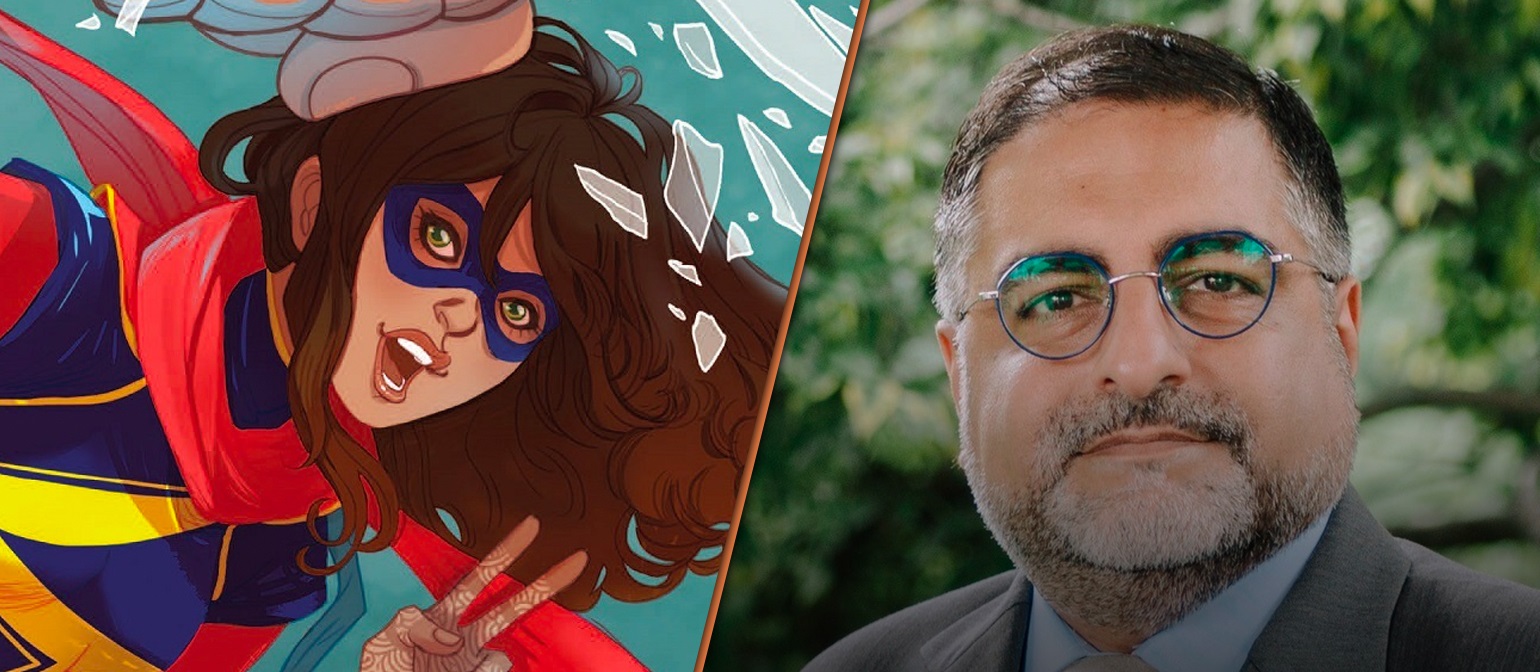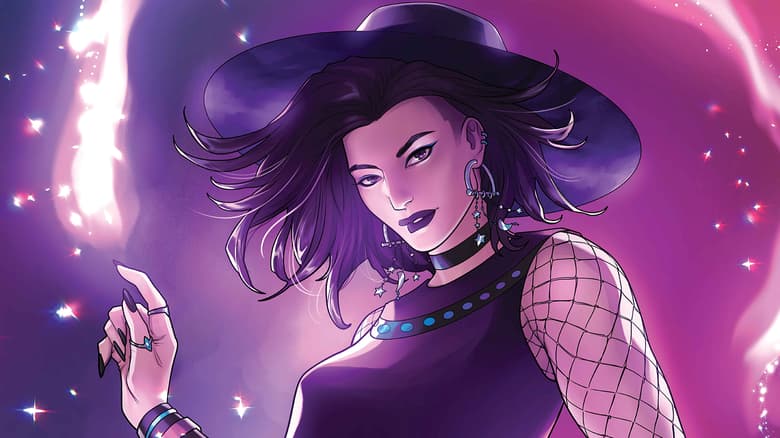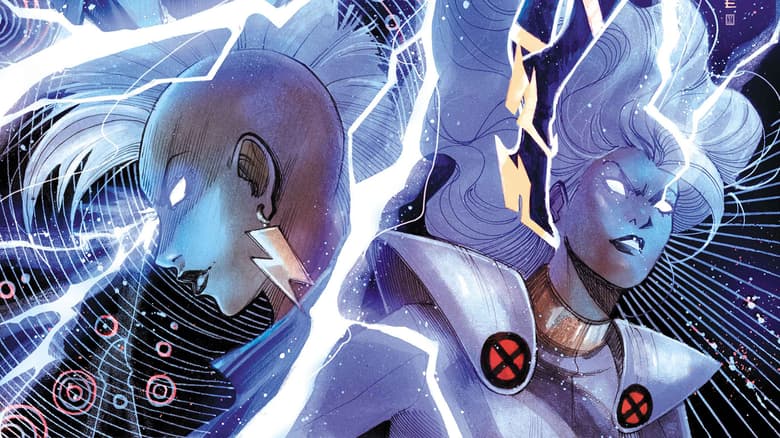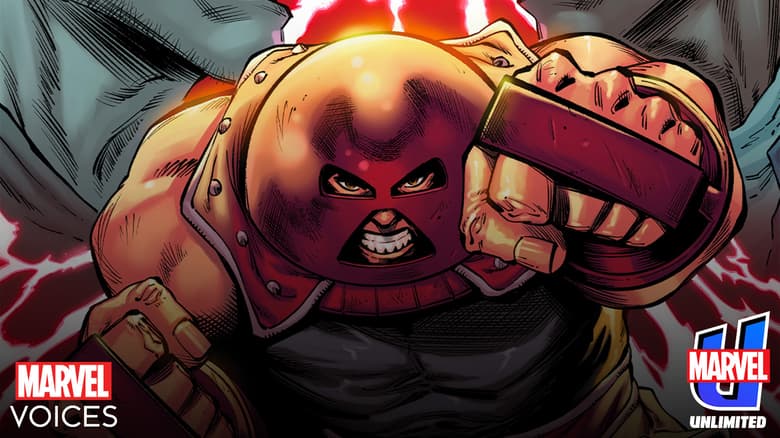'Marvel's Voices': Hussein Rashid Discovers Layers of Identity Through 'Ms. Marvel' Comics
Read on to find out how Super Heroes like Kamala Khan, Amadeus Cho, and Cindy Moon drew a Marvel fan back to reading comics!
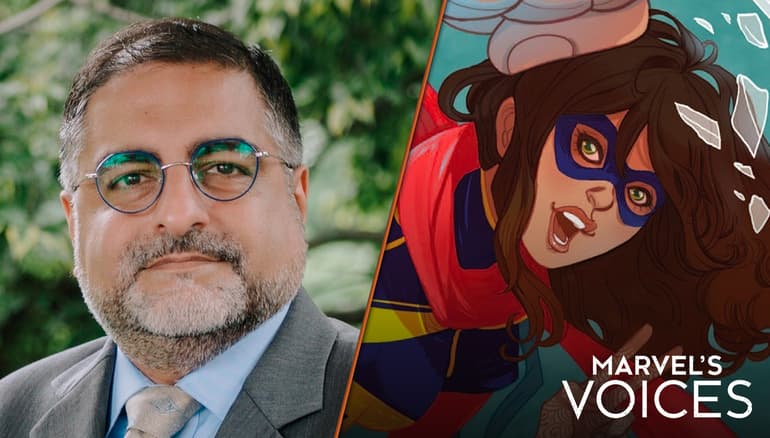
In the context of the US population, I am a statistic. I fill a whole bunch of categories if you want to play human bingo. My parents migrated from Tanzania, in East Africa, and I’m ethnically South Asian. I get to be even more specific, because I’m an Isma’ili Shi’ah Muslim. That means I’m a religious minority, in a religious minority, in a religious minority.
Born in Manhattan, and growing up in Queens, New York, I wasn’t different. Everyone was different to everyone else. That was the norm. Then we moved to Long Island, and it was a different beast. Suddenly, my status as a “statistic” was glaring. In our new home, you needed to fit into categories, and people didn’t know or understand my categories. Thankfully, I found my escape in the world of speculative fiction that comics offered me. When I first picked up comics in the 80s, I wasn’t thinking about representation. I was more focused on learning how to be like the Super Heroes I loved, different. Like most folks then, looking for something similar, I found the X-Men. Cyclops is still my man, and the fact that Jay Edidin recently made him canonically neuroatypical makes him even more dear to me, especially as someone who was diagnosed with ADD as an adult.
I found my people and figured out who I was in real life, but the panels and pages of comic books gave me languages and ideas to navigate those connections. I vividly remember Kitty Pryde joining the X-Men and trying to figure out how she belonged, before realizing being herself is what it meant to be a member of the team (UNCANNY X-MEN #143). The early X-Factor series, when the original five had to learn to be friends again was the perfect transition moment as I started in a new school. Like many folks, I eventually drifted away from comics as I grew older. They were what I needed when I needed them, but I realized that comics weren’t “growing up” with me.
I never stopped loving my comics. By 1994, all my old books were organized and kept nicely in storage, with many fond memories attached to them. Then 2014 rolled around, Ms. Marvel, the first Muslim Super Hero to headline her own book, hit the stands.
As a scholar of religion, focusing on Muslims in US popular culture, I had a professional obligation to check the book out. At least that’s how I explained the purchases to my wife. I was immediately drawn back into the world of comics. From page one, I was in love with Kamala Khan and her overly cautious parents and her eclectic friends, all of which reminded me of myself at that age. The intentional writing, the detailed art, and the layered coloring just showed how much attention was devoted to this title.
In fact, a colleague of mine, Jessica Baldanzi came to me and asked if we could do a book together on Ms. Marvel, because Kamala’s importance was so deeply felt across communities and disciplines. And we got together some great people to talk about all sorts of fun things, from food, to fashion, to family relations, to how to teach Ms. Marvel. (It’s also the way I proved that all the Ms. Marvel collectibles really were for work.)
While I started reading Ms. Marvel as a way to see how religion was done in the book—and it was done very well—I also realized that Kamala Khan was a fully-fleshed out individual, who had a lot of love given to her South Asian side. The joy was not just in seeing a Muslim character. We’ve had Sooraya Qadir/Dust and Faiza Hussain/Captain Britain before Kamala Khan. It was seeing a Muslim character who was South Asian and having that ethnic identity given care. Thanks to Ms. Marvel and her story, I started reading comics again.
Through Ms. Marvel, I started discovering other newer characters in the Marvel pantheon. One in particular was Amadeus Cho. Created by Greg Pak and Takeshi Miyazawa, Amadeus Cho was a clever inversion of the nerdy Asian stereotype. He didn’t have to sacrifice his intelligence to be strong, like the Hulk I grew up with. He was smart, strong, and emotionally aware. In addition, his relationship with his sister Maddy grounds him in broader Asian cultural norms and commitments to family—something I could relate to.
Then I met Cindy Moon. As someone who never quite grooved to Peter Parker, Cindy was an absolute delight. Her total lack of cultural awareness, desire for family, and wanting to do the right thing, despite what it cost her, sang to me. Unlike the comics of my childhood, I would truly see myself in the struggles and personal dilemmas that she faced. Cindy, like Amadeus and Kamala, benefitted from attention to cultural detail, so that I thought of each of them as people first. They were not Super Heroes first, like Cyclops whose Super Hero persona also seemed to eclipse Scott Summers when I was younger.
These characters were not just Asian, they were ethnically Pakistani and Korean with culturally relevant storylines and problems that I could relate to. No one had to give up their specific identity to fit a Super Hero mold. They were “allowed” to be both Super Heroes and still part of a larger cultural continuity. One of my favorite scenes that shows a shared Asian culture is from THE TOTALLY AWESOME HULK (2015) #15, when the heroes are fighting over who will pay the check. If you don’t fight over the check, there is no love present.
Comics had grown up with me. I started reading them because I wanted to learn how to be different. I did. And then the differences I was learning to navigate were more acceptable in the real world. Statistics became the norm. Comics didn’t grow that way, they grew at their own pace and that was OK. At some point we were on the same page again, and I was suddenly back in the panels. I didn’t have to project myself into the stories, the stories made room for me. They were embiggened. I belonged in that world again. I’m Kamala’s eccentric uncle, I’m Cindy’s comic book guy, I’m Amadeus’ not-so-clever friend.
Hussein Rashid has a decades-long love of the X-Men. He took a break from comics, and came back to serious collecting with the reveal of Kamala Khan as the new Ms. Marvel. He took his grad school work on religion and popular culture, and turned it on comics, whereupon CNN invited him to do an op-ed on the meaning of a Muslim Ms. Marvel. He co-edited a volume on Ms. Marvel called Ms. Marvel’s America: No Normal (2020) with Jessica Baldanzi.
He has a chapter in Muslim Superheroes (2017) on how Muslims understand superheroes, looking at Muslim history, and a forthcoming chapter on movie Shuri as an archetype of Muslim gnosticism in "Theology and The Black Panther". He is also an executive producer on the award-winning animated New York Times op-doc The Secret History of Muslims in the U.S., and an executive producer on a multi-hour documentary on Muslims in the U.S., currently in production.
You can read more essays on Powers and Possibilities from Marvel's Voices, available exclusively on Marvel.com!
The Daily Bugle
Can’t-miss news and updates from across the Marvel Universe!
